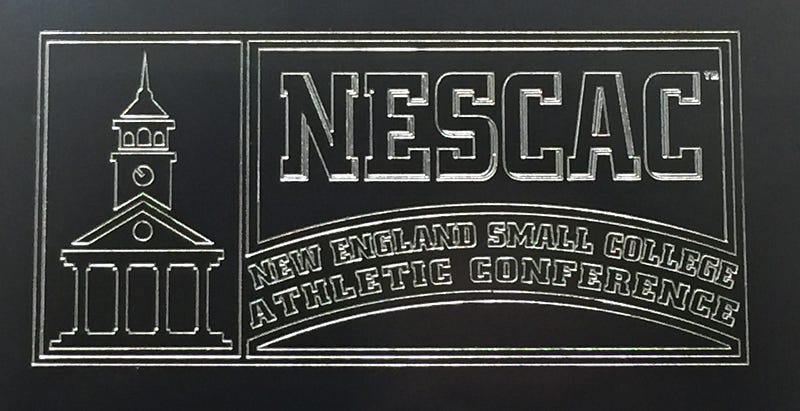
Williams invites local community to provide input on their strategic planning process
Williams in the World, one of eight working groups at Williams College that is developing the College’s strategic planning process, is seeking the input of local residents to help the College fulfill its mission. They are asking the public to think about how they could imagine the College’s students, faculty, and staff becoming more engaged in the community.
One way the residents were able to participate was at local forums held on Oct. 16, Oct. 22, Oct. 24, and Oct. 29 in the neighborhood surrounding Williams. These forums were located in Williamstown Youth Center, Zion Lutheran Church, The Loose Cannon Cafe, and The Green.
The group also implemented drop-in listening sessions, held every Wednesday morning in October from 8 to 9 AM at a local cafe. The third way they were able to gather public input was by creating a page on the Williams College website where community members can share comments.
The goal of the strategic planning process is to plan major initiatives at the College for the next 10 to 15 years. The process is guided by a Coordinating Committee, which articulates goals, facilitates discussion with subcommittees, and transforms results into a plan to support the College’s educational purpose.
There are eight working groups focused on gathering input about various aspects of the College. The groups are Williams in the World; Faculty and Staff Development; Governance; Diversity, Equity, and Inclusion; Learning beyond the Classroom; The Built Environment; Student Learning; Sustainability; and The Built Environment.
The plan is expected to be finalized by the end of the academic year and produced throughout the winter and spring. These three channels of participation can bring the school and the community closer together.
Middlebury receives grant from Rockefeller Family Fund for New Perennials Project
Middlebury College received a $415,000 grant from the Rockefeller Family Fund for the first year of their multi-year effort aimed at changing the way people think about the ecological and social impacts of large-scale food production. Led by Middlebury Scholar in Residence Bill Vitek, the New Perennials Project features a guest speaker, new interdisciplinary course, engagement with community partners throughout the Champlain Valley, an annual conference, crop testing at the College farm, and engagement with departments and programs across campus.
Vitek is a professor emeritus of philosophy at Clarkson University and plans to build on the work of Land Institute and its founder Wes Jackson. Jackson believes that in the future, natural systems agriculture will provide commercial-level food production. Natural systems agriculture are multiseason perennial crops planted in diverse multicrop arrangements. This will displace the current annual monoculture crop model. Oilseed and perennial grain crops are being developed by scientists in over 40 countries. They absorb water and nutrients more efficiently due to their deep root systems and require less human intervention to produce food.
The goal is to stop the soil disruption created with past agricultural practices, including irrigation, pesticides, and added nutrients to produce high yield. These approaches have contributed to soil erosion, species extinction, climate change, pollution, and social injustice.
Vitnek, Nadine Canter Barnicle, professor of the practice and community engagement specialist, and Marc Lapin, associate lab professor in environmental studies, co-taught a course called “The Perennial Turn.” The students were able to analyze how perennial ideas might address issues of social injustice and climate stability.

















